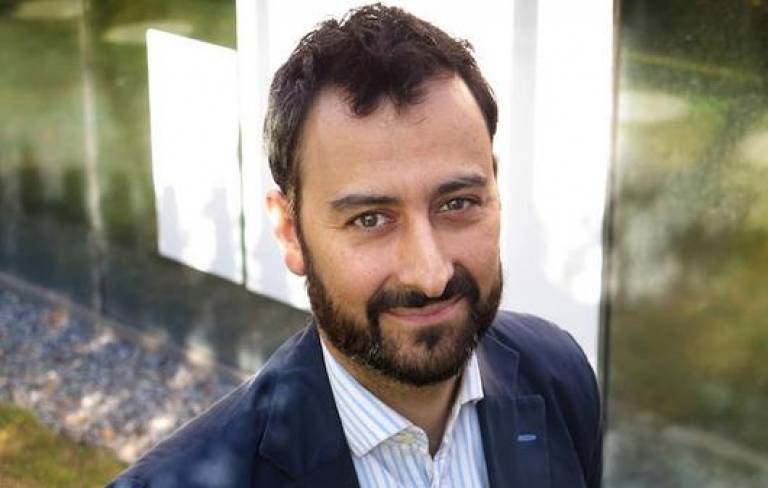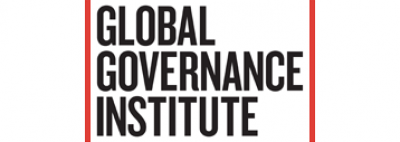A Management-Organisational Perspective on Global Governance
15 December 2016
An interview with Angel Saz-Carranza, Director of ESADEgeo Center for Global Economy and Geopolitics and Associate Professor of the Department of Strategy and General Management.

What does your own research on global governance currently focus on?
Me and my colleagues at the ESADEgeo Center for Global Economy and Geopolitics, we look at global governance from a management-organisational perspective. One important issue area we work on is the governance structure of international organisations: Who sits on the boards, who makes the decisions, and how are these decisions made? We ask these questions from an organisational rather than a political perspective. In addition, we focus on the role of executive heads of international organisations - Director Generals, Secretary Generals or Presidents - and how they behave from a leadership perspective.
Where do you see the most exciting debates happening in the field right now?
In my own area of interest, I think there are two particularly intriguing issues. First, the issue of authority and delegation: How much autonomy do executive heads have and how do they use it? And how much autonomy should these people have in order to effectively lead international organisations while remaining accountable to the delegating principals, i.e. the member states who set up and fund these organisations?
A second interesting issue is how international institutions are lobbied: How do they interact with private interests, both non-profit and profit, and what formal and informal mechanisms are at play? Do these interaction produce positive results and public value or is there the danger of capture and diminished public value?
Are you focusing on any specific organisations?
We have quantitative data on all global organisations (about 80) and European agencies (about 50), also including networks and informal networks. Right now we focus on five organisations in particular: We are studying the International Civil Aviation Organisation (ICAO)'s international aviation deal on CO2 emissions, the World Trade Organisation (WTO)'s monetary protectionism and the leadership of its former Secretary General Pascal Lamy, the European Stability Mechanism (ESM), the Inter-American Development Bank (IDB) and, finally, we conduct some research on the Organisation for Economic Co-operation and Development (OECD).
Going forward what is the biggest challenge for global governance research? What are we currently missing?
I think we need more applied or policy-relevant research that helps us make sense of the realities we are confronted with. For example, it would be great if we had a stronger set of premises or theories that can help us understand how global governance institutions should be structured in the context of different policy challenges. We might be able to produce more practice and impact-oriented research when approaching these issues from a rational design perspective - in addition to trying to understand why specific institutions look the way they do from a power perspective or from a political interactive perspective.
This interview was conducted by Kateřina Tolarová (MSc Global Governance and Ethics) at the inaugural Global Governance International Network Meeting hosted by the Global Governance Institute in November 2016.
Angel Saz-Carranza is Director of ESADEgeo Center for Global Economy and Geopolitics in addition to being Associate Professor of the Department of Strategy and General Management. His research focuses on business-government relations, intergovernmental organizations, and organizational networks.
 Close
Close


